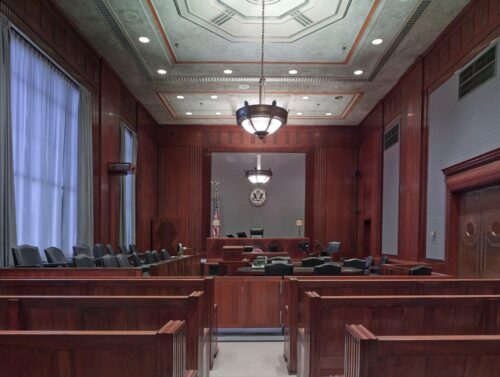
Divorces can be stressful and complex. Every couple is different, which is why there are two types of divorce that can determine how the separation process will work. The two kinds include contested and noncontested divorce. If you are going through a divorce, do not hesitate to reach out to our experienced New Jersey divorce attorneys to discuss your case.
What is a contested divorce?
If both spouses are unable to arrive at an agreement on their marital issues, they will be going through a contested divorce. In this case, both parties will not sign an agreement for the terms of their divorce, mostly because they cannot agree to them, which leaves many issues unresolved. In this type of divorce, a judge will need to be chosen to analyze each conflict and settle the disagreements between the couple. The most popular contested divorce concerns involve matters like child support, child custody, division of assets, and alimony.
If a couple is in a contested divorce, a spouse is able to cite “fault” or “no-fault” grounds before the proceeding begins. If no-fault grounds are ordered, neither spouse is putting blame on the other for the end of their marriage. With no-fault grounds, the couple will be able to start their divorce proceedings right away. In contrast, if a spouse does cite fault grounds, they are holding their partner’s actions liable for their divorce. Fault grounds are usually cited during the following conditions:
- Adultery
- Abandonment
- Cruel and inhuman treatment
- Imprisonment for 3 years or more in a row
What is an uncontested divorce?
An uncontested divorce occurs when both parties agree that their marriage cannot be fixed and they are on the same page with the conditions of their divorce. This kind of divorce also means that all marital issues between both parties, including alimony, child custody, child support, child visitation, division of assets, and alimony have been resolved. An uncontested divorce is also generally known as an “Irretrievable Breakdown of Marriage.” There are two varieties of irretrievable breakdowns:
- 1A Divorce: When both spouses agree on their marital issues.
- 1B Divorce: When marital issues are left unresolved.
Uncontested divorces benefit both parties by giving them the option of which method they would like to use for their divorce. For instance, they may choose mediation, arbitration, or collaborative divorce instead of litigation. These options are all optional but can be more productive and favored both with time and finances for each party and their families.
Contact our Firm
We understand how emotional and difficult matters of family law can be. If you need the assistance of a knowledgeable attorney to help protect your right to your family, please do not hesitate to contact our experienced firm. We are eager and dedicated to helping you through this difficult time. Our personal injury specialists at Greenberg & Walden, LLC are standing by for a free initial consultation. Call us at 201-528-6928